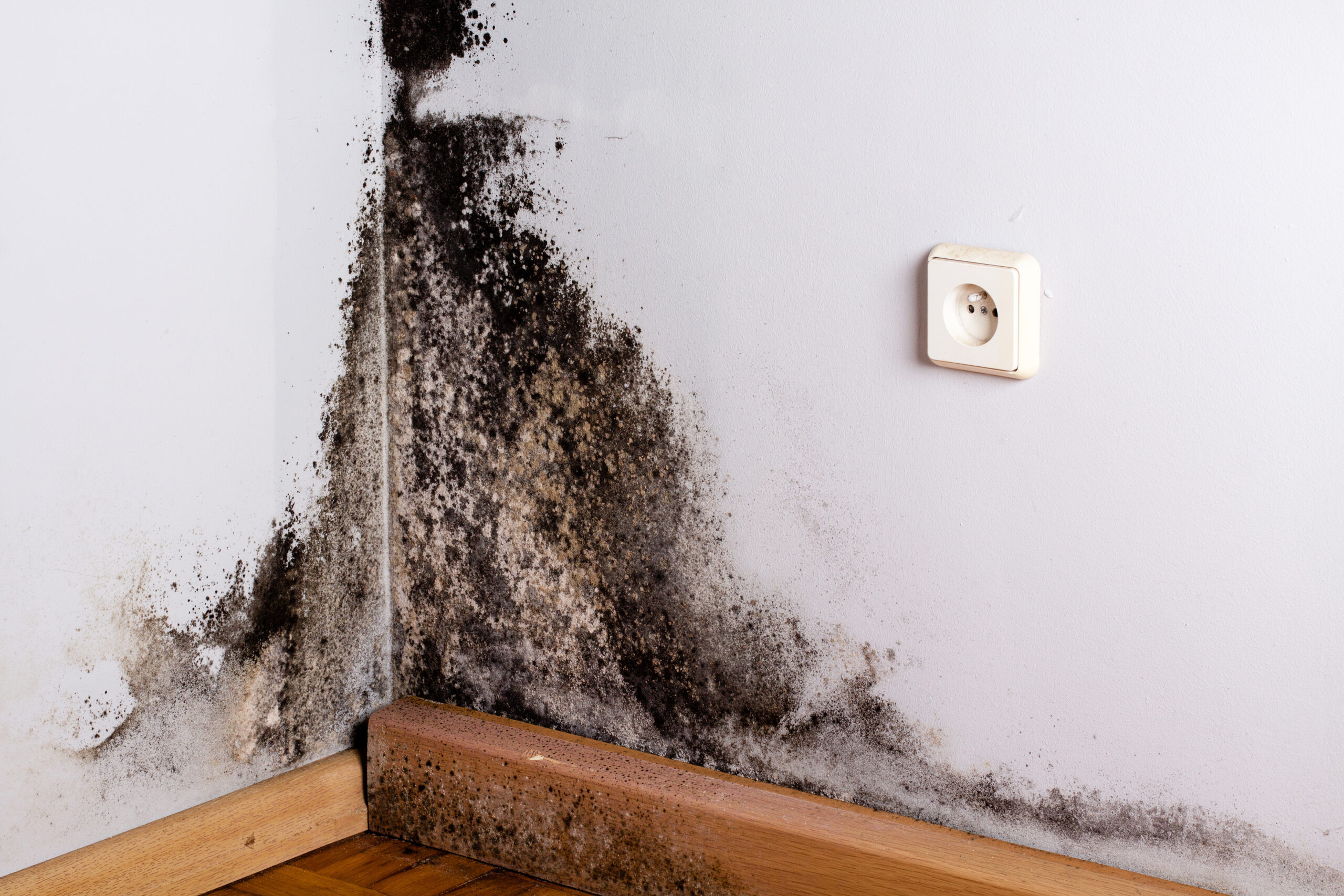Health Implications of Decomp Mold Exposure: What You Need to Know

Mold is a common household nuisance, often lurking in damp corners and hidden spaces. While most molds pose minimal health risks, one particularly concerning type is decomp mold, which arises from the decomposition of organic matter. Understanding the health implications of exposure to decomp mold is crucial for maintaining a safe living environment. In this blog post, let us get into the potential health risks associated with decomp mold exposure, focusing on respiratory issues and other health concerns, and discuss preventive measures to mitigate these risks.
Decomp Mold: A Unique Health Hazard
Decomp mold, also known as microbial volatile organic compounds (mVOCs), is a byproduct of the decomposition process. When organic matter decomposes, it releases various gases and compounds that can contribute to the growth of mold. This type of mold is often associated with unpleasant odors and can be found in areas where organic materials, such as food or dead animals, break down.
Respiratory Issues and Decomp Mold Exposure
Exposure to decomp mold can have profound effects on respiratory health. The inhalation of mold spores and mycotoxins released by the mold can lead to a range of respiratory issues, including:
- Allergic Reactions: Individuals exposed to decomp mold may experience allergic reactions such as sneezing, coughing, nasal congestion, and irritated eyes. These symptoms are common and often the first signs of mold exposure.
- Aggravation of Asthma: For those with asthma, exposure to decomp mold can worsen asthma symptoms. Mold spores can act as triggers for asthma attacks, leading to increased respiratory distress.
- Respiratory Infections: Prolonged exposure to mold, including decomp mold, can potentially increase the risk of respiratory infections. Mold spores can irritate the respiratory tract, making individuals more susceptible to infections.
- Hypersensitivity Pneumonitis: In some cases, exposure to mold can lead to hypersensitivity pneumonitis, an inflammation of the lungs that can cause shortness of breath, coughing, and flu-like symptoms.
- Mycotoxin Exposure: Some molds produce mycotoxins, which are toxic compounds that can be harmful when inhaled. Prolonged exposure to mycotoxins has been associated with a range of health issues, including neurological problems.
Other Health Concerns Associated with Decomp Mold
Beyond respiratory issues, exposure to decomp mold can also contribute to other health concerns, including:
- Headaches and Fatigue: Mold exposure, particularly to mycotoxins, has been linked to symptoms such as headaches, fatigue, and difficulty concentrating.
- Skin Irritation: Direct contact with mold or mold-infested materials can cause skin irritation, redness, and rashes in sensitive individuals.
- Nausea and Digestive Issues: In some cases, exposure to certain molds may lead to digestive issues, including nausea and stomach discomfort.
- Neurological Symptoms: Prolonged exposure to mycotoxins has been associated with neurological symptoms such as memory loss, confusion, and difficulty concentrating.
Preventive Measures to Mitigate Decomp Mold Risks
Preventing and addressing decomp mold exposure is essential for maintaining a healthy indoor environment. Here are some preventive measures to mitigate the risks associated with decomp mold:
- Ensure Proper Ventilation: Proper ventilation is crucial in preventing the buildup of moisture, which is a key factor in mold growth. Use exhaust fans in bathrooms and kitchens, and ensure good airflow throughout the home.
- Address Water Intrusion Promptly: Any water leaks or intrusions should be addressed promptly. Mold thrives in damp environments, so it’s essential to repair leaks and dry affected areas as soon as possible.
- Monitor Indoor Humidity Levels: Maintain indoor humidity levels between 30% and 50%. Using dehumidifiers in damp areas can help control humidity and inhibit mold growth.
- Regularly Clean and Inspect: Regular cleaning and inspection of the home, especially in areas prone to moisture, can help identify and address mold issues before they become significant problems.
- Properly Dispose of Decomposing Material: If there is decomposing organic material in or around the home, such as food or a deceased animal, it should be properly and promptly disposed of to prevent the growth of decomp mold.
- Use Mold-Resistant Products: When renovating or building, consider using mold-resistant materials and paints. These products are designed to inhibit mold growth and can be particularly beneficial in moisture-prone areas.
- Professional Mold Inspection: If there are concerns about mold in the home, consider hiring a professional mold inspector. Professionals can assess the extent of the mold problem and recommend appropriate remediation measures.
- Proper Ventilation in Basements and Crawl Spaces: Basements and crawl spaces are often prone to mold growth due to high humidity levels. Ensuring proper ventilation in these areas can help prevent mold issues.
- Use Air Purifiers: High-quality air purifiers with HEPA filters can help remove mold spores from the air, reducing the risk of inhalation.
- Seek Medical Advice: If individuals experience persistent health symptoms that may be related to mold exposure, it’s crucial to seek medical advice. A healthcare professional can assess the symptoms and recommend appropriate testing or treatment.
Understanding the health implications of decomp mold exposure is essential for safeguarding the well-being of individuals and maintaining a healthy living environment. Respiratory issues, allergic reactions, and other health concerns associated with decomp mold exposure underscore the importance of preventive measures. By addressing moisture issues, ensuring proper ventilation, and promptly addressing any signs of mold growth, individuals can reduce the risk of exposure and create a safer and healthier indoor environment. In cases where mold issues persist or are severe, consulting with professionals for remediation may be necessary to effectively address the problem.
